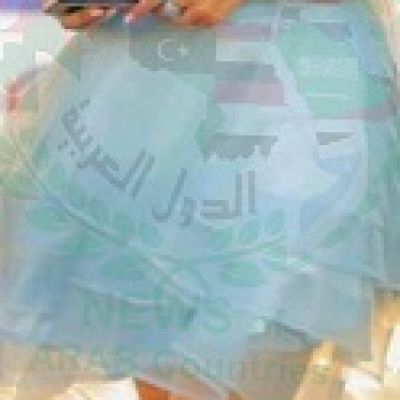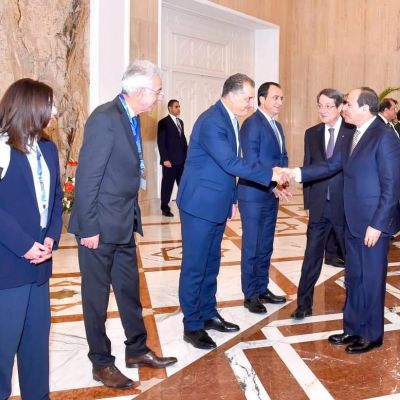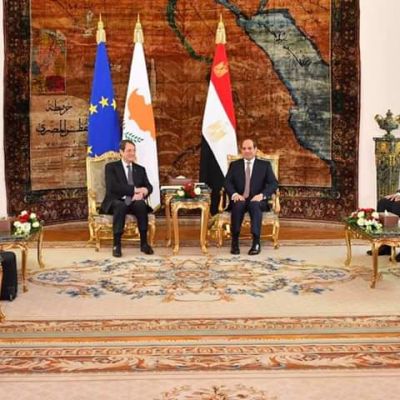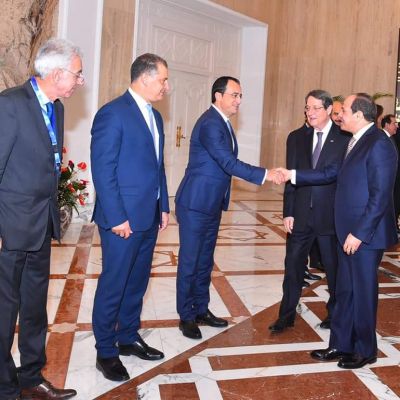
On November 15, Huawei sent eight Rwandan university students to China for a two-week fellowship in technology through the company’s global programme called “Seeds for the future Programme.”
In Rwanda, the programme was launched in 2017 with the company sending students for industrial attachment in China.
Last year, four students from the University of Rwanda, One from INES-Ruhengeri, two from University of Tourism, Technology and Business Studies (UTB) and one from Kigali Independent University, which is commonly known by its French acronym ULK were the fast cohort to benefit from the programme.
The alumnae shared their experiences and aspirations for Rwanda’s ICT industry with Business Times Michel Nkurunziza.
Excerpts:
Samuel Tuyishimire
After coming from China I immediately joined an e-Commerce company. This is an ICT solution that will lead Rwanda to the digital economy. I got a chance to explore more about online payment solutions from China which I am currently putting into practice.
During our visit to Huawei’s exhibition centre, we were able to witness new innovations such as the 5G Technology which is the answer for future connectivity around the world. With much investment in Rwanda’s ICT innovation and research, I am hopeful that we shall be able to customise the technology trends to suit our needs hence economic development. Knowledge transfer is a big investment.

Minister of information and Communications technology and innovation, Paula Ingabire, flags off the fellows.
The Integration if the Internet of Things and Artificial Intelligence, when applied, will enable rapid decision making, efficiency and productivity. Artificial Intelligence will help in the automation of the process.
I recommend Rwanda to build a payment system that will accept all kinds of electronic payment including blockchain technology, electronic money and online Forex exchange that will create a global free market.
There is also a need for a web/mobile-based platform that accepts crypto and electronic currencies and can allow people to order for products in or out of Rwanda.
A good payment system will boost business across Rwanda and help to promote our local products to the world.
Smart transportation, smart cities, smart agriculture, smart finance, smart education, smart health with the help of the internet of things and artificial intelligence are paramount.
Christian Rene Nshogoza
“ICT will boost development through the use of cutting-edge technologies for smart agriculture. Through the use of ICT, Rwanda can move from traditional to smart agriculture. ICT can eliminate most challenges that the agriculture sector faces such as inefficient irrigation systems, disease control and land preservation.
During our trip to China, we were exposed to various new technologies and what caught my eye was the Internet of things technology. This can help to enhance the efficiency of the irrigation process.
The internet-based smart irrigation measures humidity, soil moisture, temperature and light intensity to calculate the precise requirements for water. Through the use of ICT, we can also carry out disease control.
Smart greenhouses allow farmers to cultivate crops with minimal human intervention. Climatic conditions are continuously monitored inside a greenhouse.
Through soil monitoring systems, farmers can track and improve the quality of soil to avoid degradation.
Soil monitoring also helps to minimize erosion and pollution by toxic elements that can degrade the soil quality. All these methods can improve agriculture.”
Console Mbonimana
ICT will likely improve farmers’ access to market information, thereby help in determining transaction costs for poor farmers and traders. Currently, it is very hard for farmers to get market information in rural areas.
Technology can aid in pricing and weather information systems as well as initiatives to expand the reach of farm extension services.
Peace Diane Ishimwe
Rwanda’s education system still uses traditional techniques. Some schools use student insurance, student cards and carry them for access to services. By employing ICT, a single card (smart card) is needed to access all those services.
ICT can also help in security while collecting social welfare and security fees as we are still using books to record and give receipts to those who pay by visiting each house and many do not pay on time.
Here, the solution would be to develop an application that can help local administrators collect the welfare and security fees.
Rwandan would be able to pay easily.
Liliane Uwacu
Using ICT, Rwanda can develop an intelligent transport system (ITS) to monitor and manage traffic flow.
The ITS is an advanced application which aims to provide innovative services relating to different modes of transport and traffic management and enable users to be better informed and make safer, more coordinated and smarter use of transport networks.
Rwanda can modernise its transport system through ICT. Smart parking can sort disorderly drives, street cameras and automated lights to monitor car movements and control traffic jams.
Online booking of tickets would help to plan their trips.
Another way transport can be eased using technology is by use of smart fuel when drivers use smart cards to fuel their vehicles.
Rwanda can also utilize ITS application such as emergency vehicle notification after an accident. ITS will highly be dependent on the cooperation between the transport, energy and telecommunication sectors to implement the digital transport.
Pascal Ndayambaje
In health, there is a problem of patients spending a lot of time making payments in hospitals before accessing doctors for treatment.
The turnaround for payment of services at the cashier tends to cause delays in medical services delivery.
There is a need to develop an app that can improve or automate the payment system for health services through smart pay cards.
This will tremendously reduce queues in hospitals, time and expenses spent by patients to get services.































